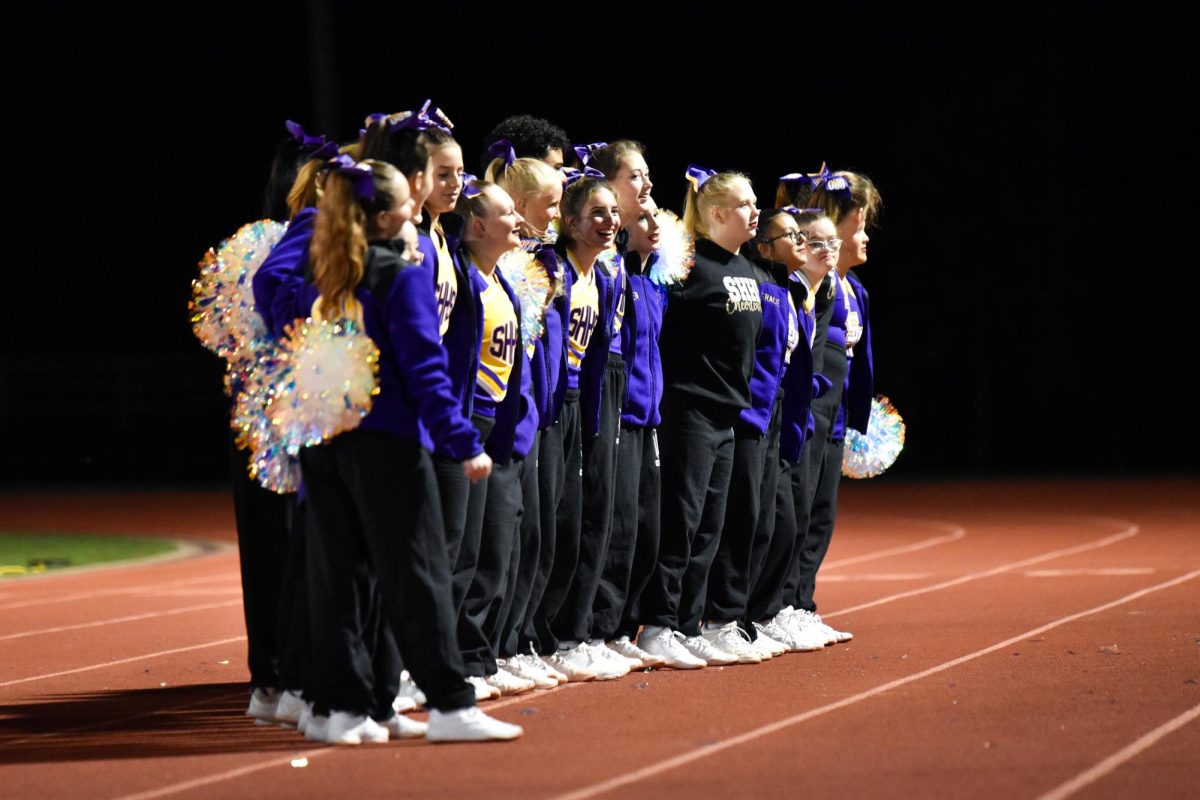No grades. No clubs. No last names. No small talk. Being a foreign exchange student means learning how to adapt to a culture that’s very different from what’s known, and that can come with a learning curve.
“The biggest thing is I’ve never had grades, but that’s just the school I go to. In Denmark if you do have grades and tests it’s once a year, like a final. But also homework is more mandatory here, so that took some getting used to,” Therese Wolgast, Danish foreign exchange student, said.

In Denmark grades aren’t part of the daily lives of students, but neither are school sponsored sports or clubs.
“Sports are a lot bigger here, because we don’t do sports in school. If you want to do sports you have to do it outside of school and your parents have to pay for it,” Wolgast said.
While activities define groups inside of school, outside of school many cliques can conjone.
“I feel like you can be in a group here like a theatre kid but you can still hang out with other groups. Thats not really like that in Denmark, you have a group like popular so you only hang out with popular people. It’s definitely more mixed here.”
From mascots to cheerleaders, friends to clubs, part of being in an American high school is rooting for a team, but that shared spirit isn’t international.
“You don’t cheer for a team like here, that’s what people do on Fridays you go to football games and cheer for your school. I wish we did that in Denmark,” Wolgast said.
Spirit and teams are part of American culture, but overseas private life is a constant at home and school.
“You talk a lot more personal and friendly with your teachers, but in Denmark you’re not friends with your teachers,” Wolgast said. “On the other hand we don’t call them by their last name, we call them by their first name. We don’t do that to anyone though everything is just a first name.”
Talking it up with teachers is part of the casual conversation many students, especially in the Midwest, engage in every day, but that small talk isn’t part of the conversation continentally.
“We don’t do small talk. I just had to learn it but I still don’t really know what small talk is,” Wolgast said. “But also the fact that you just go up to people you don’t know and talk to them, because in Denmark you have to know someone to talk to them. If you’re at a cafe or a restaurant in America you talk to the waiter or waitress, we would never do that.”
From Friday night lights to ordering food, cultural differences that aren’t as obvious can be a big deal to someone learning the ins and outs of American culture.



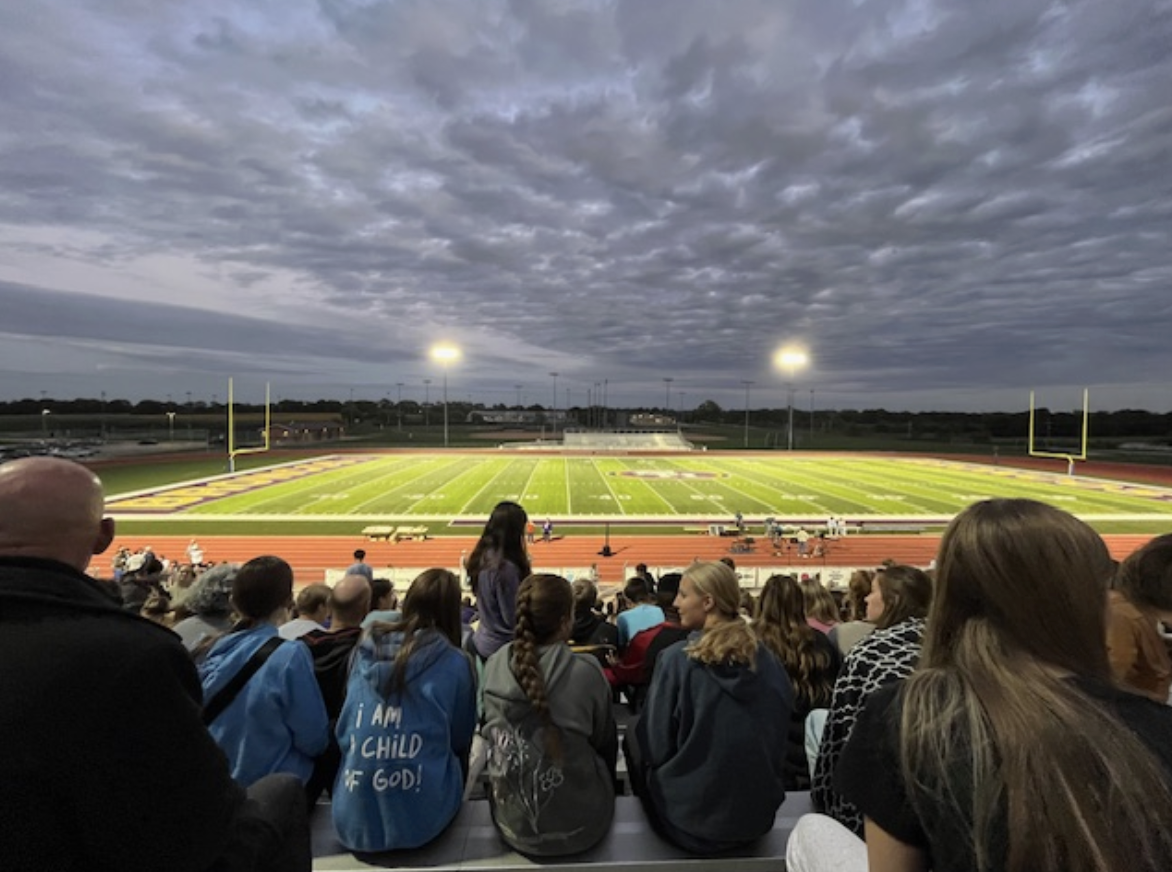

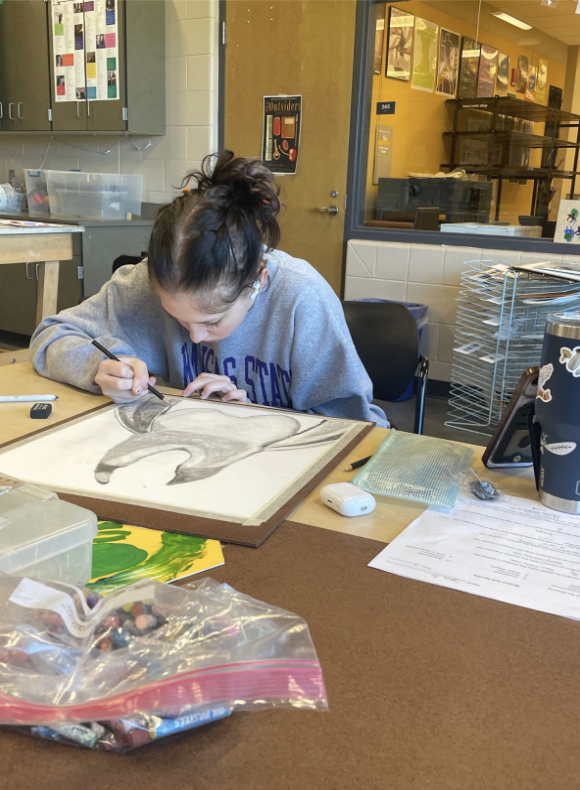


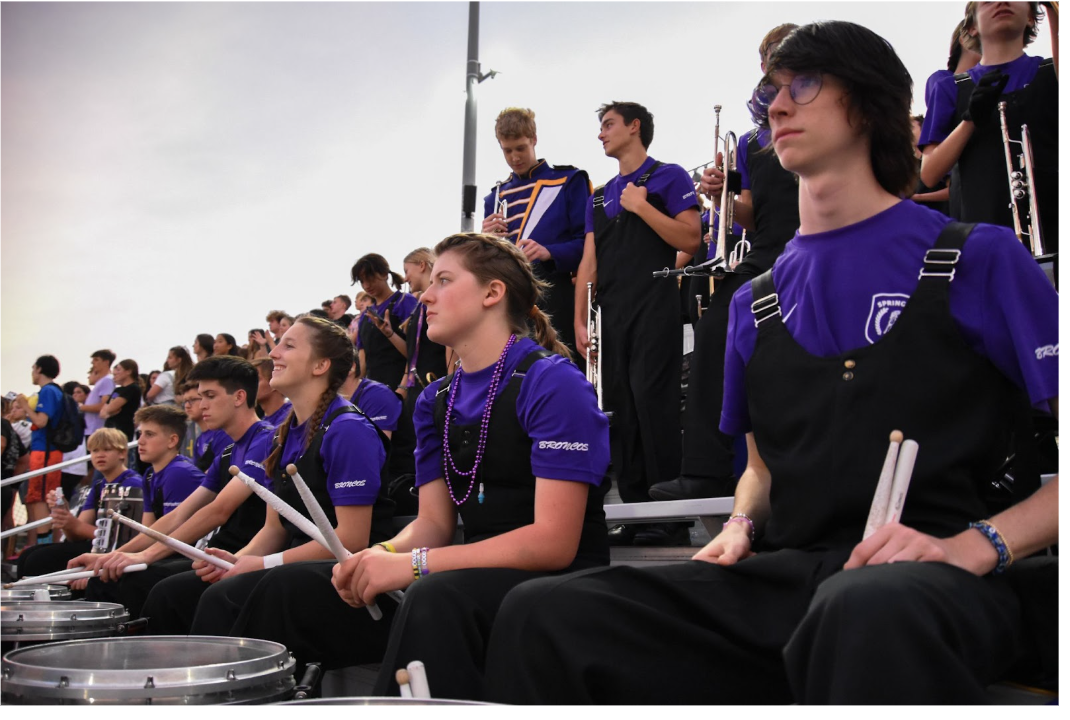




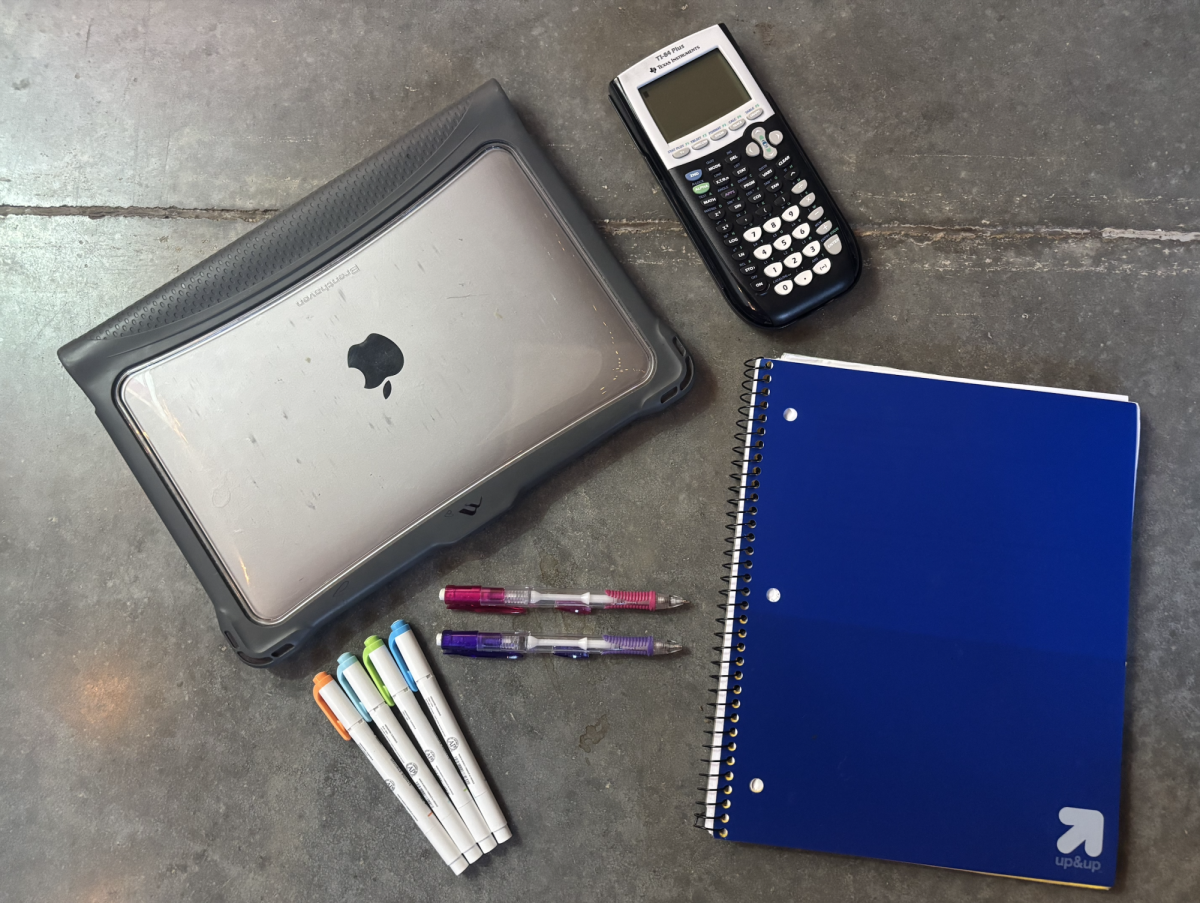
![Peering through their microscopes, [Brock] Laplante’s freshman Biology class has a hard time pretending they’re not interested. From sharp angles to swirling cells, there’s no predicting what could be seen.](https://stampedenews.net/wp-content/uploads/2025/10/Screenshot-2025-10-03-at-10.56.07-AM.png)
